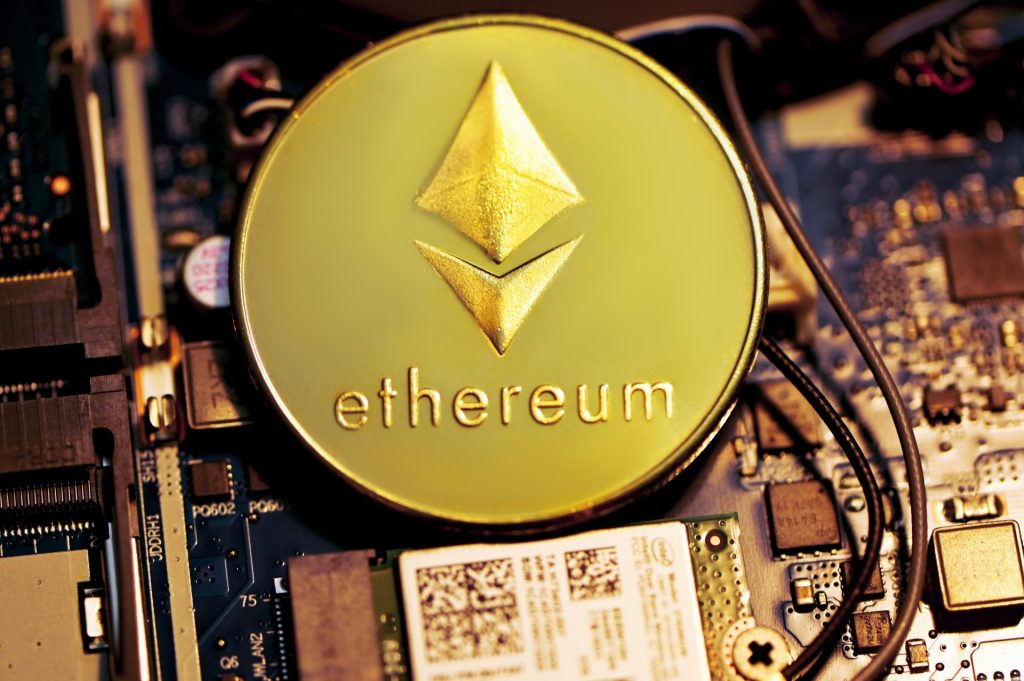
In response to growing concerns about centralization in the Ethereum network, a certain group of staking providers has taken steps to self-limit their activities. What are the background and implications of this move for Ethereum’s future?
In the world of blockchain technology, decentralization is the key to maintaining transparency, security, and trust in the network. In this context, Ethereum, one of the most important cryptocurrencies, recently witnessed a significant initiative by some of its largest staking providers.
On August 31st, a consultant for the Ethereum Beacon Chain community, known as Superphiz.eth, informed that four main Ethereum staking providers – Rocket Pool, Stader Labs, Diva Staking, and StakeWise – expressed a desire to self-limit their activities on the network. Specifically, they committed not to exceed 22% of the total stake value in the network.
This decision was in response to growing concerns about the potential for centralization of power in the Ethereum network. Such a threat could expose the network to attacks and manipulations, thereby destroying its main value – decentralization.
Superphiz.eth pointed out that to validate an “unfair chain”, 66% of validators would need to control over two-thirds of the staking power in the network. With the introduction of the 22% rule, it becomes harder for a single validator to gain control over the network.
Many in the Ethereum community welcomed this decision with enthusiasm, seeing it as a step towards ensuring long-term stability and credibility of the network. Superphiz.eth emphasized that it is the responsibility and commitment of staking providers that will make the Ethereum network robust and trusted.
However, not everyone was so optimistic. Part of the Ethereum community expressed doubts about the reliability of verbal commitments, noting that some organizations that declared their intention to adhere to the 22% rule currently have significantly less than this threshold. Lido Finance, a dominant platform in the market with 32.4% of Ethereum stakes, previously rejected self-restriction, voting almost unanimously against it.
In the context of this debate, Superphiz.eth highlighted the importance of stopping Lido from accumulating even more stakes. If they reached 33% of all ETH stakes, certain sanctions might be introduced to protect the network from excessive concentration of power.
The decision to introduce a self-restriction rule of 22% in the Ethereum network is an important step towards safeguarding the network against centralization. Although there are still some doubts about the effectiveness of this measure, this initiative underscores the importance of decentralization in the world of cryptocurrencies and blockchain technology.
Photo by Kanchanara on Unsplash
